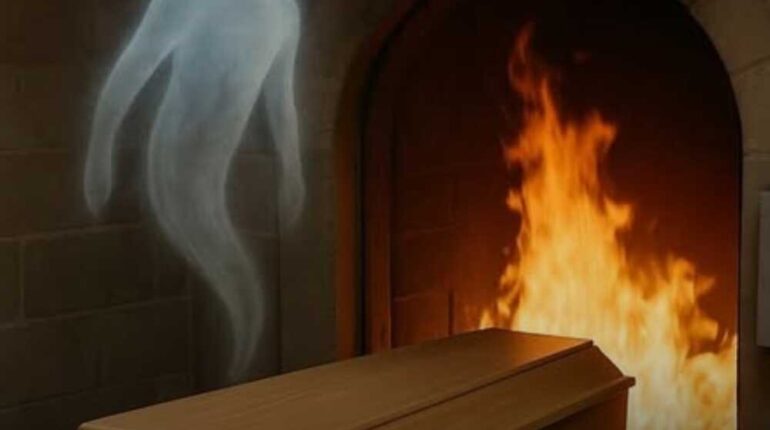📌 What Happens to the Soul When the Body Is Cremated?

Posted 28 August 2025 by: Admin
The death of a loved one often leaves us with profound spiritual questions. One of the most enduring is: What happens to the soul after cremation? While science explains the physical process, the soul’s path has been understood differently across religions, cultures, and philosophies for centuries.
The passing of a loved one often raises deep spiritual questions. One of the most common is: What happens to the soul when the body is cremated? The answer to this question varies depending on religious beliefs, cultural traditions, and personal philosophies. While the physical process of cremation is well understood, the journey of the soul remains a mystery that has been interpreted in different ways for centuries.
1. Hinduism and Buddhism: A Path to Liberation
In Hinduism, cremation is the most common ritual for the dead. It is believed that the soul (atman) is eternal and leaves the body at the moment of death. Cremation is seen as helping the soul separate from its physical shell and continue its journey through reincarnation (samsara). Fire, a sacred purifier, is thought to release the soul.
In Buddhism, cremation is also widely practiced. While Buddhism does not teach the existence of a permanent soul, it holds that consciousness continues through cycles of rebirth. Cremation is both symbolic and practical, **a reminder of impermanence and a ritual supporting the transition into the next state of being.**
2. Christianity: Faith in the Afterlife
Christian beliefs about cremation have shifted. Historically, burial was strongly preferred, especially within Catholicism, due to the doctrine of bodily resurrection. Today, cremation is broadly accepted by most Christian denominations, so long as it is not chosen to deny belief in resurrection.
Christianity teaches that after death, the soul is judged by God and enters heaven, hell, or a temporary state such as purgatory. **The fate of the soul is not tied to the body’s condition, whether buried or cremated, but rather to one’s faith and relationship with God.**
3. Islam: Preservation of Dignity
In Islam, cremation is strictly forbidden. Muslims are required to bury the body quickly and with dignity. The soul, according to Islamic teaching, departs the body but maintains a link to it until the Day of Judgment.
The ban on cremation reflects the belief that the human body deserves care and respect even after death. **Burial is seen as both obedience to God’s will and an expression of human dignity.**
4. Secular and Spiritual Views
Outside organized religions, cremation is often understood as a natural return of the body to the elements. Some spiritual perspectives suggest the soul merges with the universe, enters another realm, or continues to live on in the memory and legacy left behind.
For those with secular or scientific beliefs, the soul may not be acknowledged at all. In this view, consciousness ends at death, and cremation is simply a personal or ecological choice. **What matters most is the meaning survivors attach to the process.**
Ultimately, the fate of the soul after cremation depends on personal faith, cultural traditions, and spiritual outlooks. For some, it is liberation; for others, transition or return to nature. Cremation, then, is more than a practical method—it is a symbolic act tied to humanity’s deepest reflections on life and death.
Whatever one’s beliefs, contemplating the journey of the soul can bring comfort, meaning, and peace when facing the loss of a loved one.




















